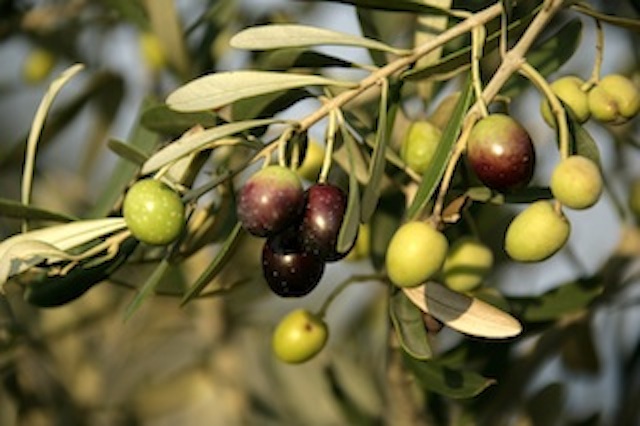Olive Oil - Frequently Asked Questions

Olive oil has been used for so long, that stories and myths about its properties abound. I've tried to list the frequently asked questions that I identified, and I'll keep adding to the list as time goes by.
For instance, here's one such example:
Is olive oil fattening?
The answer is yes and no!
Yes, because olive oil, like any other oil, contains fatty acids and about 40 calories per teaspoon. On the other hand, olive oil contains mono-unsaturated fatty acids rather than saturated, trans or poly-unsaturated fatty acids. In other words, olive oil will actually help lower the bad cholesterol level. Others say that olive oil provides energy producing fatty acids, as opposed to fat producing ones. In any event, most doctors and dieticians consider mono-unsaturated fatty acids a healthy dietary fat.
No, because the real gain comes from replacing butter, margarine or other less healthy oils with olive oil. By doing so, you can effectively:
- lower the calorie intake
- reduce total cholesterol level
- reduce saturated fats
- reduce poly-unsaturated fats
- reduce trans fats
- improve the taste of your food
In summary, I would say that the answer to the question: is olive oil fattening is a qualified "no". :-)
Note: the quality of fatty acids and other critical attributes of olive oil can degrade with time. It's thus recommended that olive oil be stored in a dry, cold and dark place, and be consumed preferably within 5 months of opening the bottle.

Why is olive oil so good and yet so healthy at the same time?
We're used to having to choose between the two. For example, when we're presented with food that tastes like cardboard but we're told is full of organic, unsweetened fiber. ;-)
Well, olive oil is mostly composed of mono unsaturated
fatty acids. These acids can help lower the risk of heart disease by lowering cholesterol levels. They can
also help normalize blood clotting and be beneficial to blood sugar control (re: diabetes). Olive oil is rich as well in antioxidants and in vitamin E, which are believed to play a role in cancer prevention.
So, enjoy olive oil in its many uses, mainly culinary ... and remember that the secret is to add olive oil to other quality ingredients (e.g. tomatoes, feta, arugula, bocconcini, etc) to end up with absolutely delicious and healthy food!



New! Comments
Have your say about what you just read! Leave me a comment in the box below.